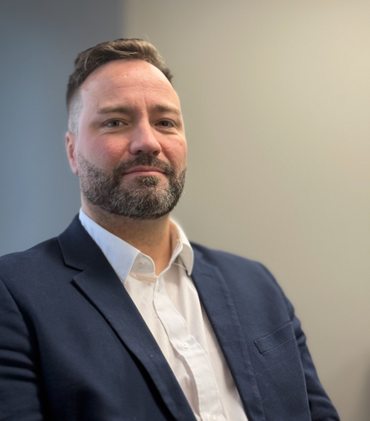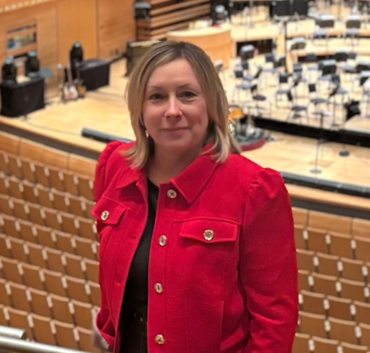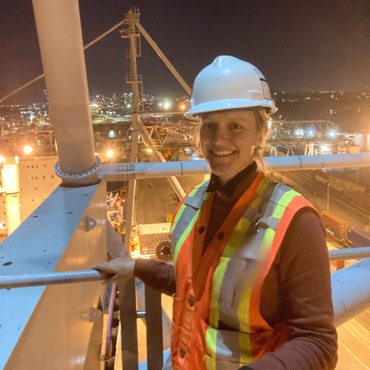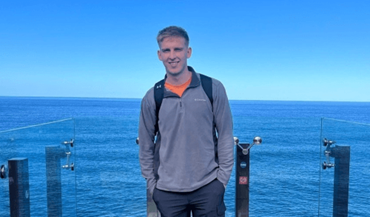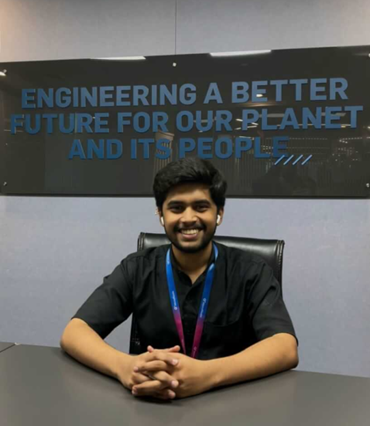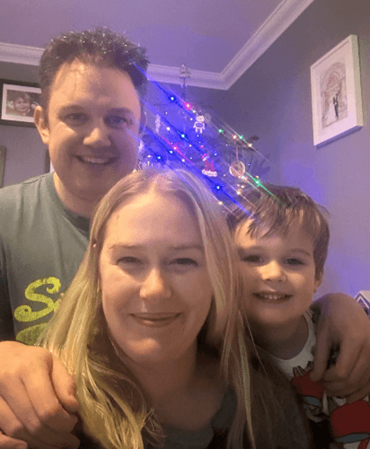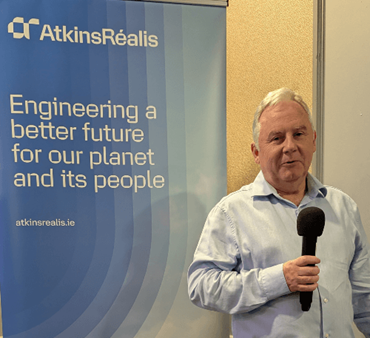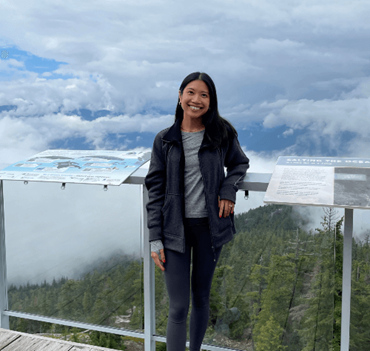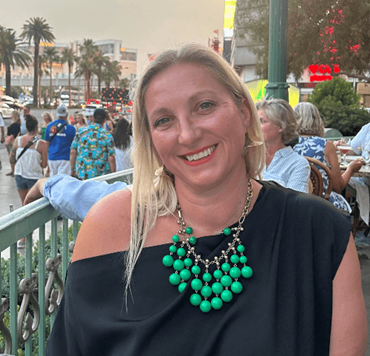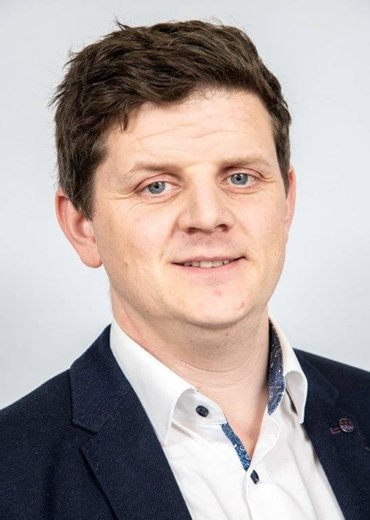Let’s find your next opportunity
AI Assistant: {{ chat.assistant.message }}
Suggested roles matches
Sort By
{{ job.job_posting_title }}
{{ job.is_cms_job ? (job.cities.split(';').length > 1 ? 'Various locations' : job.location_mappings[0]) : (job.location_mappings.length > 1 ? 'Various locations' : job.location_mappings[0]) }}
We are sorry there are no jobs that match your exact criteria. Try a new search term, or use the filters to continue browsing for available opportunities.
Suggested roles matches
{{ job.title }}
{{ [job.cities[0], job.regions[0], job.countries[0]].join(', ') }}
Various locations
We are sorry there are no jobs that match your exact criteria. Try a new search term, or use the filters to continue browsing for available opportunities.
Let’s find your next opportunity
{{ job.job_posting_title }}
{{ job.is_cms_job ? (job.cities.split(';').length > 1 ? 'Various locations' : job.location_mappings[0]) : (job.location_mappings.length > 1 ? 'Various locations' : job.location_mappings[0]) }}
At AtkinsRéalis, sustainability is at the heart of everything we do. We're on a mission to engineer net zero, and our dedicated teams work towards this goal every day. We have an ambitious vision for a net zero future in the Middle East.
As part of our #PeopleDriveResults campaign, we had the privilege to speak with Mayuko Totsuka, Strategic Advisory and Sustainability Lead for the Middle East, at AtkinsRéalis. Mayuko shared insights on her role, driving sustainable development in the region and the importance of carbon reduction.

1. Tell us a bit about yourself and your role in the business
As part of my role in sustainability and net zero strategic advisory, I help our clients across the public and private sectors create building and infrastructure assets that are climate resilient and enable them to achieve their
net zero goals.
With a background in Environmental Science and Policy, I am passionate about Sustainable Development enabled by the science-policy interface, especially concerning climate change and biodiversity.
Working across the water and transportation sectors, we understand the opportunities and challenges in achieving a zero-emissions system. With our ESG strategy, we're addressing global challenges such as climate adaptation and the transition to clean energy.
2. Why is carbon reduction important to your role?
Governments in the region, as well as forward-thinking developments like NEOM, are making bold commitments to net zero.
In the Middle East, we are seeing an increased demand for carbon reduction with governments across the GCC committing to net zero targets. The
UAE has pledged to reach Net Zero Carbon by 2050, and Saudi Arabia by 2060. UAE Energy Strategy 2050 aims for a mix of 44% clean energy, while Saudi Green Initiative aims to plant 10 billion trees.
Through my strategic advisory role, I am helping our clients in the built environment sector meet these national targets by decarbonizing their developments throughout the project lifecycle.
AtkinsRéalis supports these goals by embedding sustainable architecture principles into all projects. This ensures minimal environmental impact while delivering world-class results. Check out our projects to see the fruits of this labor.
3. Where do you see a shift in the approach to net zero?
Net Zero is becoming a priority for businesses and clients, both globally and in the Middle East. We have seen a clear shift in the business agenda from compliance to performance. Earlier the focus used to be on regulatory compliance; now, there is a lot more emphasis on setting and achieving performance targets for carbon reduction.
This requires calculating embodied carbon, running models for proactive design optioneering, and reporting on greenhouse gas emissions for asset management. Every decision we make, every process we use, preserving the planet is our underlying motivation and this is what Net Zero is about.
Our core business strategy is led by the United Nation's Sustainable Development Goals because we really care about the impact we're having on the world, and we want to create solutions to some of the most complex challenges.
4. Tell us about a project you're working on in this area.
Mayuko shared a recent project in Saudi Arabia that demonstrates the region's commitment to sustainability and sustainable development.
We're currently working on a residential community development in Saudi Arabia and using microclimate, daylight and energy modelling to optimise both passive and active designs for thermal comfort and energy efficiency. It is important to make carbon visible for our clients so that we can analyze and improve the carbon performance of building and infrastructure developments.
5. How should Net Zero concepts be applied to projects in the Middle East?
For engineering consultant companies in Saudi Arabia, a comprehensive approach to environmental development and sustainability is essential. A holistic approach allows for smarter resource management and greater alignment with global sustainability objectives.
Achieving sustainability performance requires a holistic approach. While calculating site-wide greenhouse gas (GHG) emissions, we need to consider not only buildings but also infrastructure, such as energy generation and distribution, wastewater recycling, solid waste management and transportation networks in addition to the green infrastructure provided through landscaping.
From designing end-to-end project solutions to pioneering new technologies and ways of working, we generate the knowledge, ingenuity and drive to meet so many of today's most pressing challenges – population growth, transportation, and climate change.
Through this holistic approach, we connect people, technology and data to deliver outstanding project outcomes for our clients on time and on budget.
6. What impact can your role have on this region in the next 10 years?
It is clear that Saudi Arabia is currently a world leader when it comes to mega projects. This makes the country a perfect destination for those looking to gain experience on some of the most ambitious construction projects the world has ever seen such as NEOM, AlUla, and Diriyah Gate.
In the Middle East, mega projects are being built in diverse environments and landscapes, from deserts to mountains and coasts. Considering the natural setting of each site, all new and existing developments need to become Net Zero Carbon to tackle our systemic climate crisis. We have the opportunity to play an active role in developing and implementing Net Zero strategies, to set the right path by 2030.
Mayuko also highlighted the importance of COP28, which was hosted in 2023. This was a key opportunity for advancing the region's sustainability agenda on the global stage.
7. What advice would you give to anyone looking to further their career in sustainability?
Think holistically and apply an interdisciplinary approach as
working in sustainability requires understanding and appreciation for the interconnected ecosystems in both the natural and built environment.
From early careers to seasoned professionals, there's plenty of opportunities to grow a career in sustainability. Whichever path you wish to take, following Mayuko's advice will help you along the way.
Work in environmental development and sustainability with AtkinsRéalis
At AtkinsRéalis, we're committed to advancing sustainability and sustainable development across the Middle East. Our purpose is to engineer a better future, and our transformational sustainability-led projects are aiming to do just that.
Want to create a lasting impact? Explore our careers in the Middle East today and start making a difference
Related blogs
Related jobs
We are sorry there are no jobs that match your exact criteria. Try a new search term, or use the filters to continue browsing for available opportunities.

Everyone belongs
We empower each individual to shine and contribute to our collective impact. We believe in the power of unique perspectives. It’s how we’re engineering a better future every single day.


